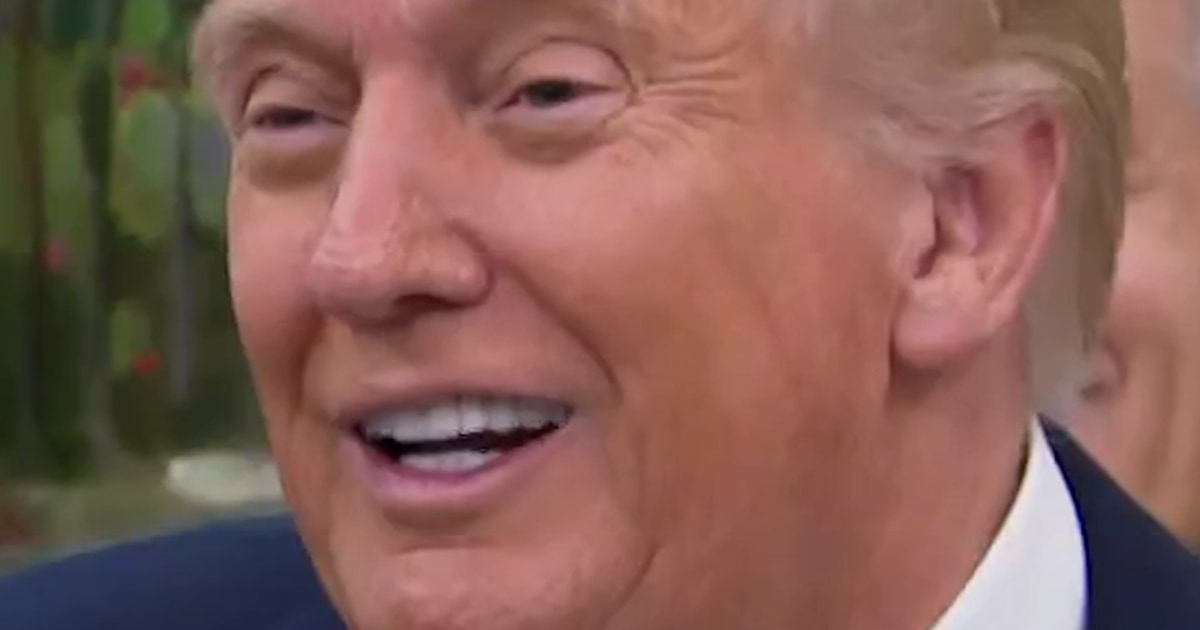President Donald Trump jokes about getting Covid and needing the medication Paxlovid after Robert F. Kennedy Jr. sneezes during a White House event.
Source link
'I hope I didn’t catch Covid just there’


President Donald Trump jokes about getting Covid and needing the medication Paxlovid after Robert F. Kennedy Jr. sneezes during a White House event.
Source link